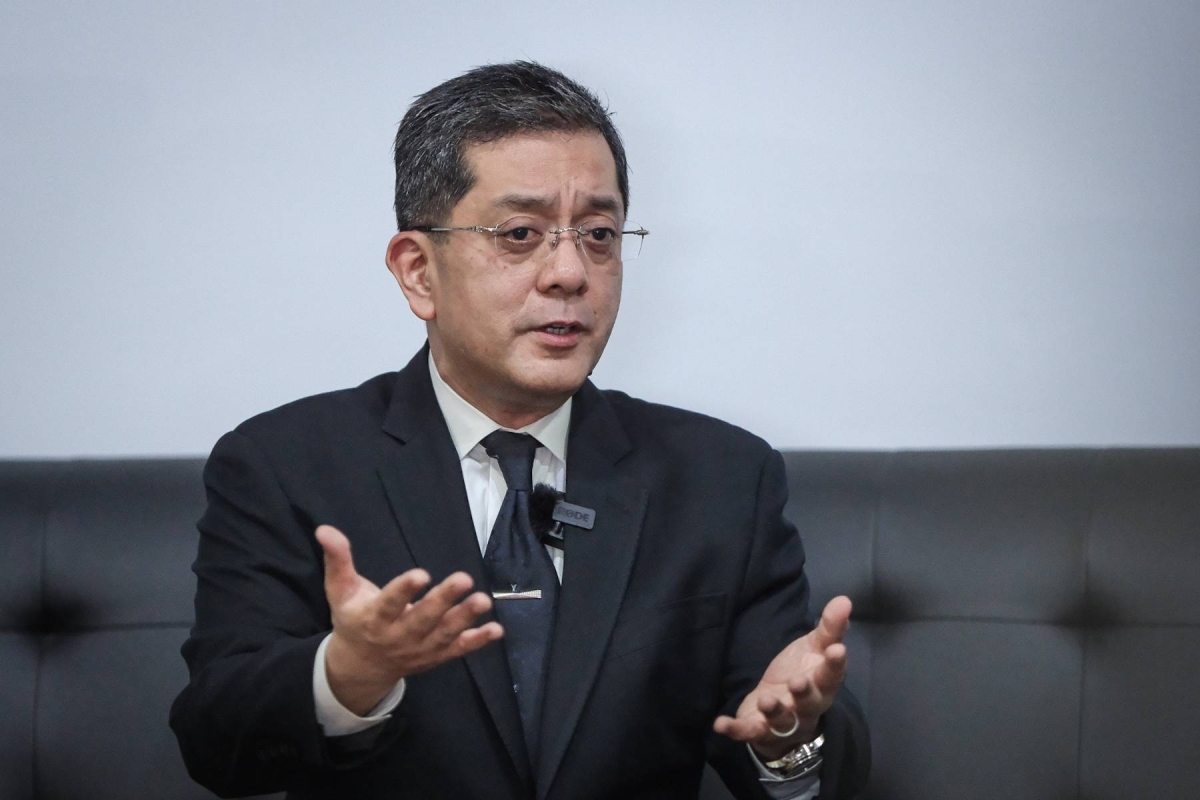THE Commission on Elections (Comelec) is keen on implementing internet voting for Filipinos overseas.
Comelec Chairman George Erwin Garcia said during a roundtable interview with The Manila Times that the commission wants overseas internet voting in place for the 2025 elections.
“It is high time that we use the internet for as long as we can guarantee security, transparency and auditability of the entire process and system,” Garcia said.
He said the Comelec conducted a study and determined that there is no need for a law to implement a new mode of voting.
Under Section 28 of Republic Act 10590, the Comelec “may explore other more efficient, reliable, and secure modes or systems, ensuring the secrecy and sanctity of the entire process, whether paper-based, electronic-based, or Internet-based technology or such other latest technology available.”
delivered to your inbox
“Comelec, as a constitutional body, can come up with a new mode of voting, and then we can just report this to Congress,” Garcia said. “And so we will proceed with internet voting.”
Voting via the internet seeks to increase overseas voter turnout. In the 2022 polls, only 34 percent of the 1.697 million Filipino voters abroad cast ballots, slightly higher than 31 percent in the 2019 polls.
For the 2022 elections, Comelec spent almost P418 million for overseas voting, which is regrettable, considering that the per capita is huge as against those who actually voted, said Garcia.
He said internet voting would require a smaller budget.
Using the internet, Filipino seafarers can vote even if they are in the middle of the sea.
“They can just use their mobile phones, laptops to vote,” said Garcia.
He said the agency has been poring over the internet-voting plan and preparing for the allocation of a budget as a matter of policy direction.
Postal and personal modes for absentee voting would still be available in the 2025 elections, Garcia said.
But if, after the 2025 polls, more overseas voters use the internet to vote, it is possible that personal and postal voting would be phased out, Garcia said.
Earlier, the Comelec said it was also looking to use internet voting in the next national elections to encourage more Filipinos abroad to participate.
Absentee voters elect only candidates for national positions, such as president, vice president, senators and party-list groups.


















